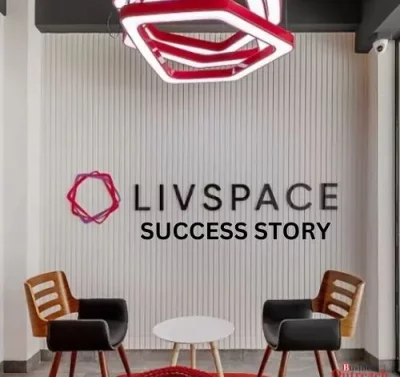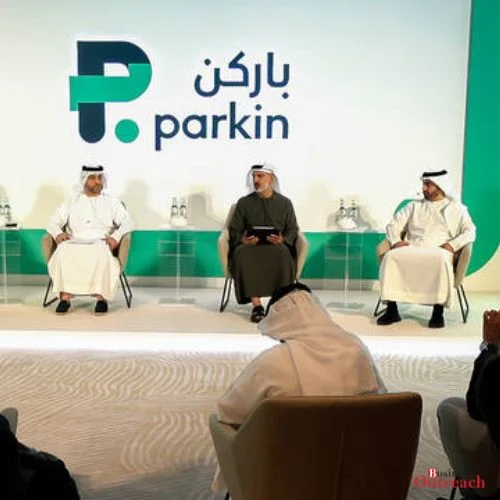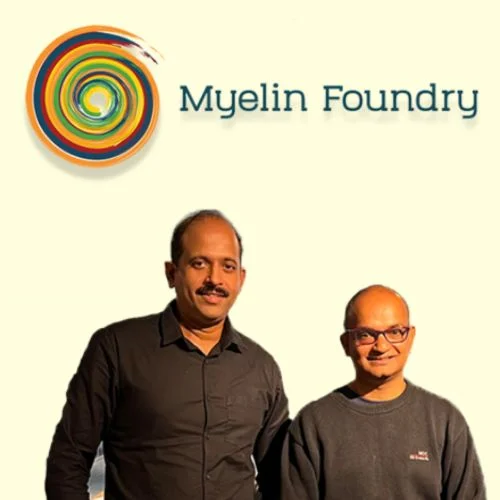A new collaboration between Dubai-based EV startup Fuse and international NGOs is electrifying transportation for remote Yemeni communities while creating social and economic opportunities. The project demonstrates how green initiatives can both empower vulnerable groups and open local markets for disruptive technology companies.
Cost-Effective Electrification for Rural Mobility Needs
Fuse will retrofit existing Toyota Hilux vehicles in Yemeni villages with their smart IoT-enabled EV powertrain kits. This allows affordable electrification of the most widely used vehicle for transporting people and goods without the high initial costs of new electric fleets. The modular system is also easy for local maintenance teams to install, improving rural access to sustainable mobility solutions.
Leveraging Underutilized Solar Energy Resources
The villages already have solar panel fields installed by partners LM International and ITDC to power water pumps. However, excess power was wasted due to a lack of demand. Fuse’s electric fleet will utilize this stranded solar energy, creating an optimised off-grid system to run on clean locally-generated power instead of costly diesel fuel imports.
Boosting Energy Independence and Livelihoods
Eliminating fuel shortages that impacted villagers will strengthen food and economic security in the remote communities. Sustainable mobility also empowers greater workforce participation through expanded access to markets, healthcare and education. Over time, local job opportunities may include maintaining the solar-EV infrastructure as the technology transfers.
Renewable energy systems in various locations present opportunities for farmers to diversify their income streams. By utilizing solar energy to preserve food, transport water, and process raw foods, farmers can supplement their earnings and reduce financial instability. With improved means of transportation, farmers can cultivate high-value crops and produce handcrafted goods for sale in nearby towns. These reliable sources of electricity fortify agricultural businesses and mitigate the long-term effects of challenges faced by rural communities.
Demonstrating the Rural Business Case for EV Adoption
By retrofitting the most suitable existing vehicle model for Yemeni needs, Fuse has developed an adaptable EV solution replicable across tough operating environments. Success in this pilot project establishes electric vehicles as a commercially-viable prospect even for impoverished rural regions, potentially opening new frontier markets for Fuse and other automotive tech companies.
Positive Environmental and Public Health Outcomes
The transition away from polluting diesel will enhance air quality and reduce greenhouse gases in the villages. Fewer fuel imports also lessens devastating environmental impacts of oil spills and leakage. The public health benefits of electrification such as fewer respiratory illnesses can help strengthen fragile community resilience over the long-term.















